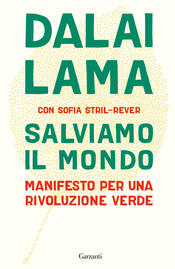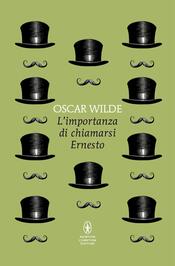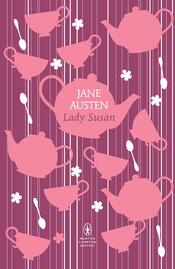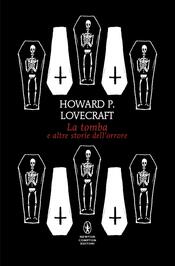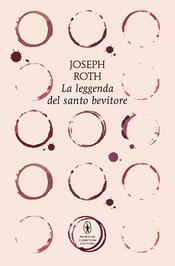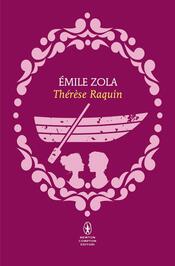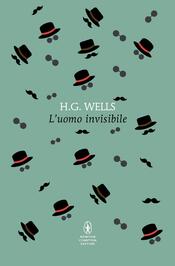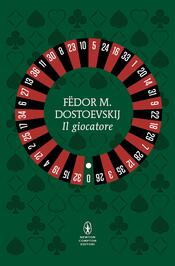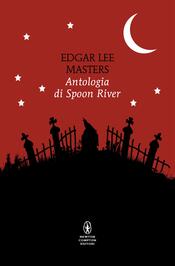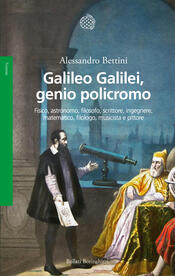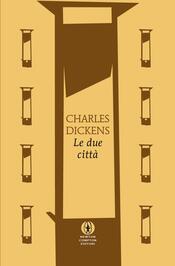

Sinossi
Si dice che le paste alimentari siano nate in Cina e che Marco Polo le abbia portate a Venezia, da dove presero piede in tutta l'Italia e poi nei diversi paesi d'Europa; che il melone sia stato diffuso in Francia per opera di Carlo VIII, al ritorno dalla spedizione di Napoli, nel 1495; che i fondamenti della cucina francese si debbano ai cuochi italiani; che il paté di fegato grasso sia stato inventato nel 1788, a Strasburgo. In realtà, le paste italiane non sono venute dalla Cina, né sono arrivate da Venezia, ma si sono diffuse dal Mezzogiorno, dove erano conosciute molto prima del viaggio in Oriente di Marco Polo; i meloni erano già coltivati negli orti avignonesi dalla fine del XIV secolo; la cucina francese dell'età classica è più lontana dalla cucina italiana di quanto non lo sia quella del Medioevo; nel 1739 si trovano già, in "Les Dons de Comus", dei "piccoli patés di fegato grasso". Sfatando leggende e luoghi comuni, questo libro racconta la storia delle tradizioni alimentari, delle tecniche produttive, degli scambi commerciali, delle forme conviviali e degli usi quotidiani in Europa e non solo.
- ISBN:
- Casa Editrice:
- Pagine: 738
- Data di uscita: 30-11-1999
Recensioni
Everyone interested in food history MUST own this book.
Where Harold McGee details the science of cooking and food, Flandrin traverses the cultural history of food in similar encyclopedic fashion. The ground he covers is extensive, beginning with prehistoric man's first BBQs (animals that perished in forest fires) to Coney Island hot dogs and the global
This was information I have been looking. I knew that much of what we think of as traditional food is not. Kimchi as we think of could not be made in Korea before the 1700. The Irish had not see a potato before 1589. Of the Italians had never seen a tomato before 1548. However I had no idea that the Leggi tutto
I thought this was pretty good overall. It takes you through a smorgasbord of food (pardon the Punjabi) from all around. there are some really interesting bits about meat eating and the effect that has had on growth of populations especially beef and also how sugar which we consume now as per normal Leggi tutto
This is a collection of academic essays on culinary history. I read it about 10 years ago. Some parts are fascinating, others are very interesting, some curious, others less so. Some parts are mind boggling - how many people must have died before the techniques for removing the toxins were discovered Leggi tutto
After bazillionty years (okay...two), I have finally cleared all the books off my "currently reading" list and we are done. Whee. Frolic. Cavort. About this book. I'm kinda zonked, so I will review in bullet form -It's long. Sure not GOT long, but it's a larger format so it seems even longer than you Leggi tutto
This books is a great introduction to the subject of "food history", which is a rising niche within the academic world of anthropology and sociology. Organised as a collection of academic essays from the last 20-30 years, it looks like a heavy academic tome but it is structured in a simple chronolog Leggi tutto
Citazioni
Al momento non ci sono citazioni, inserisci tu la prima!


